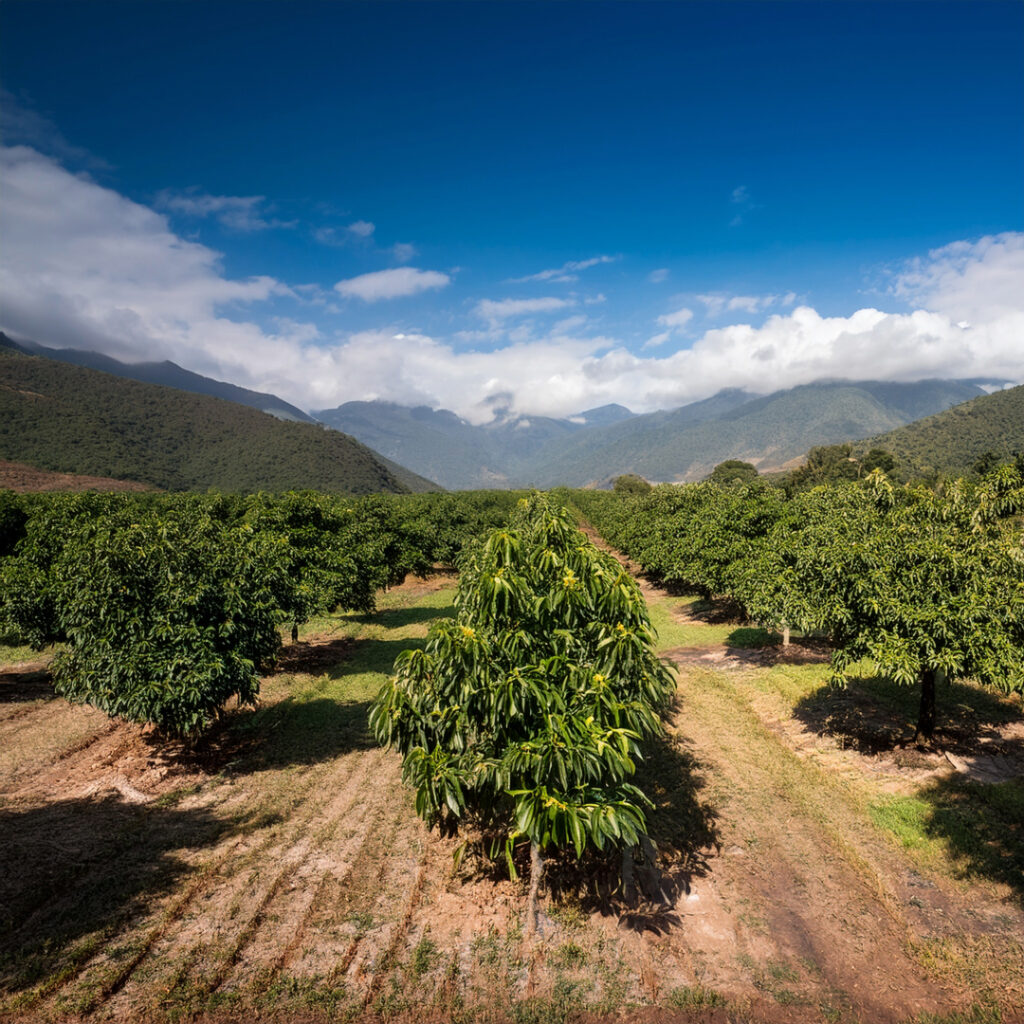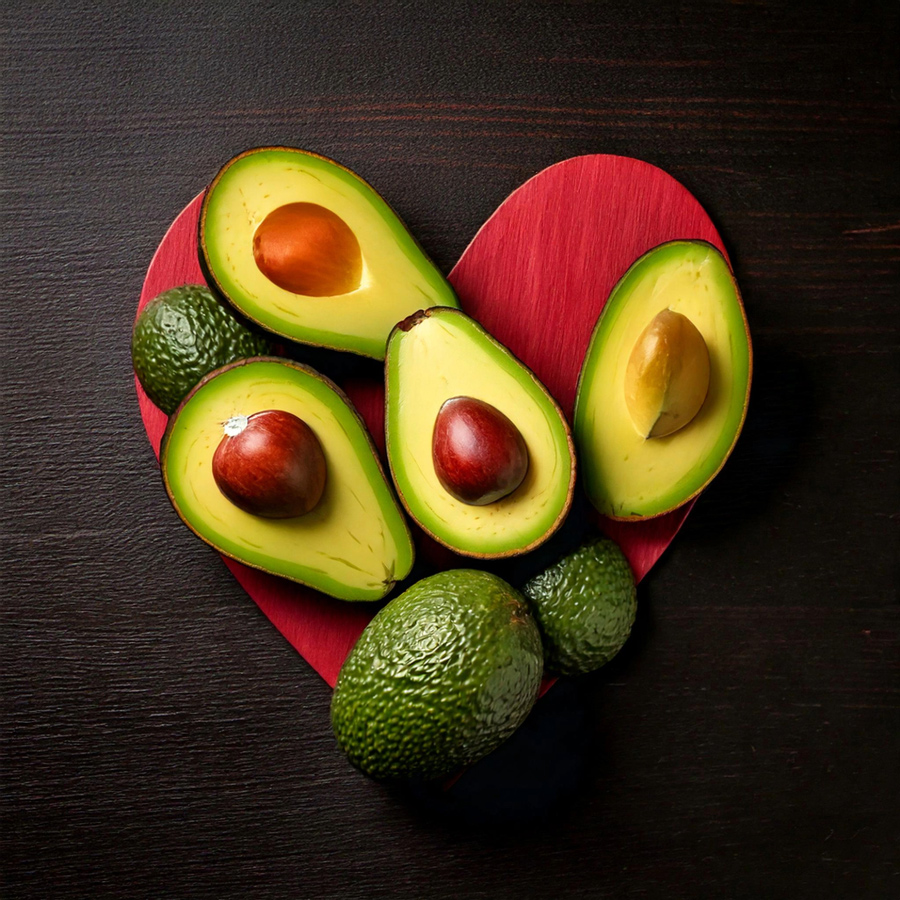The Global Rise in Avocado Demand
In recent years, avocados have surged in popularity across the globe. Once a niche fruit, the avocado is now a staple in health-conscious diets, featured in everything from toast to smoothies. As consumers increasingly seek out nutrient-rich, plant-based foods, the demand for avocados has skyrocketed — with global production more than doubling since the early 2000s. According to the Food and Agriculture Organization (FAO), over 8 million metric tons of avocados were produced worldwide in 2021 alone.
While this boom has brought economic opportunity to growers, it has also raised serious environmental concerns, particularly regarding the environmental impact of avocados and the link between avocado farming and deforestation. Find more on the topic in the post The Environmental Impact of Avocado Farming
How Avocado Farming Contributes to Deforestation
The Case of Mexico: A Deforestation Hotspot
Mexico is the world’s leading avocado producer, responsible for roughly 30% of the global supply. In regions like Michoacán — often referred to as the “Avocado Belt” — forests are being cleared to make way for expanding avocado orchards. In many cases, land that was once covered in biodiverse pine and oak forests has been illegally logged to plant avocado trees.
A 2018 report from Mexico’s National Institute of Forestry, Agriculture and Livestock Research (INIFAP) revealed that thousands of hectares of forest have been lost to unauthorized avocado expansion. These land-use changes often occur without environmental assessments, endangering protected ecosystems.
Elevate your style with our unique T-shirt featuring a vibrant, neon-style Boeing 757 soaring over a lush field of avocados. Perfect for aviation enthusiasts and avocado lovers alike. Shop Today!

The Disguised Orchards Problem
Some avocado growers circumvent environmental regulations by disguising orchards as natural forest or reforested areas. This tactic undermines conservation efforts and highlights the urgent need for stronger enforcement of land protection policies.
The Environmental Impact of Avocados
Biodiversity Loss
When forests are cleared for avocado farming, local wildlife suffers. Species that depend on mature forest ecosystems lose their habitat, which can lead to population declines and, in some cases, extinction. In Michoacán, this includes monarch butterflies, jaguars, and numerous endemic bird species.
Excessive Water Usage
Avocado trees are incredibly thirsty. It takes an estimated 320 liters of water to produce just one avocado — an unsustainable figure in regions already facing water stress. This intense irrigation contributes to aquifer depletion and reduced water availability for local communities and agriculture.
Carbon Emissions
Deforestation for avocado farming contributes to carbon emissions in two ways: the loss of carbon-sequestering trees and the emissions from agrochemical usage and transport. Transporting avocados, often by refrigerated truck or plane, adds to their carbon footprint, especially when shipped to distant markets in Europe and North America.
Socio-Economic Drivers of Unsustainable Farming
Economic Incentives and Poverty
Avocados are often referred to as “green gold” due to their high market value. For many smallholder farmers, switching from subsistence crops to avocados represents a path out of poverty. However, the pressure to maximize short-term profits often leads to environmentally harmful practices like illegal logging and overuse of agrochemicals.
Cartel Involvement and Land Conflicts
In some regions, organized crime groups have infiltrated the avocado industry, extorting farmers and taking control of land through violent means. This exacerbates deforestation as growers seek to plant in more remote areas where enforcement is weak.
Sustainable Solutions for Avocado Farming
Eco-Certifications and Ethical Sourcing
Certifications such as Rainforest Alliance, Fair Trade, and Organic can help consumers identify more sustainable avocado options. These programs require growers to adhere to environmental and labor standards, including forest preservation, responsible water use, and fair wages.
Agroforestry: Integrating Trees with Crops
Agroforestry offers a promising alternative to monoculture farming. By growing avocados alongside native tree species, farmers can maintain biodiversity, reduce erosion, and improve soil health. This method also provides habitat for wildlife and can even increase long-term yields.
Government Regulation and Incentives
Policymakers play a crucial role in curbing deforestation. Governments must enforce environmental laws, provide incentives for sustainable agriculture, and support reforestation efforts in degraded avocado-producing regions.
What You Can Do: Supporting Sustainable Avocado Production
As consumers, our choices matter. Here are some practical steps you can take to reduce your impact:
- Buy certified avocados: Look for Rainforest Alliance or Fair Trade labels at your grocery store.
- Support local or regional producers: Whenever possible, choose avocados that are grown closer to home to reduce transportation emissions.
- Limit consumption during off-season: Avocados are a seasonal fruit. Eating them in moderation and in season reduces pressure on producers to meet constant demand.
- Ask questions: Engage with grocery stores and brands about their sourcing policies.
- Stay informed: Follow environmental news and support organizations working on sustainable agriculture and deforestation prevention.
Final Thoughts
The avocado is a beloved fruit — and for good reason. It’s delicious, nutritious, and versatile. But behind every slice of avocado toast lies a complex web of environmental and social challenges. Avocado farming and deforestation are deeply interconnected, and it’s vital that we acknowledge this relationship to protect the ecosystems and communities most affected.
Through informed choices, sustainable farming practices, and responsible policies, it is possible to enjoy avocados while also preserving the planet. By supporting sustainable agriculture, we ensure that future generations can enjoy the benefits of this “green gold” without paying the price in deforestation and environmental degradation.
References
National Geographic. (2021). Water Wars: The Cost of Avocados on Local Ecosystems.
Food and Agriculture Organization (FAO). (2022). FAOSTAT – Avocado Production.
INIFAP. (2018). Impacto ambiental del cultivo de aguacate en Michoacán.
Rainforest Alliance. (n.d.). Sustainable Avocado Production Standards.
World Wildlife Fund (WWF). (2021). Avocados and Environmental Degradation.
The Guardian. (2020). The Dark Side of Avocados: Deforestation and Organized Crime in Mexico.




Pingback: Avocados in Sydney: History, Culture, and Culinary Influence in Australia - clubavo.com